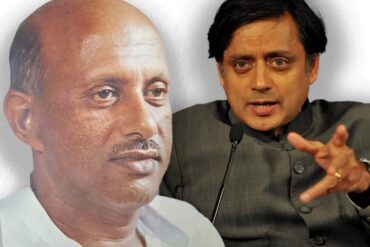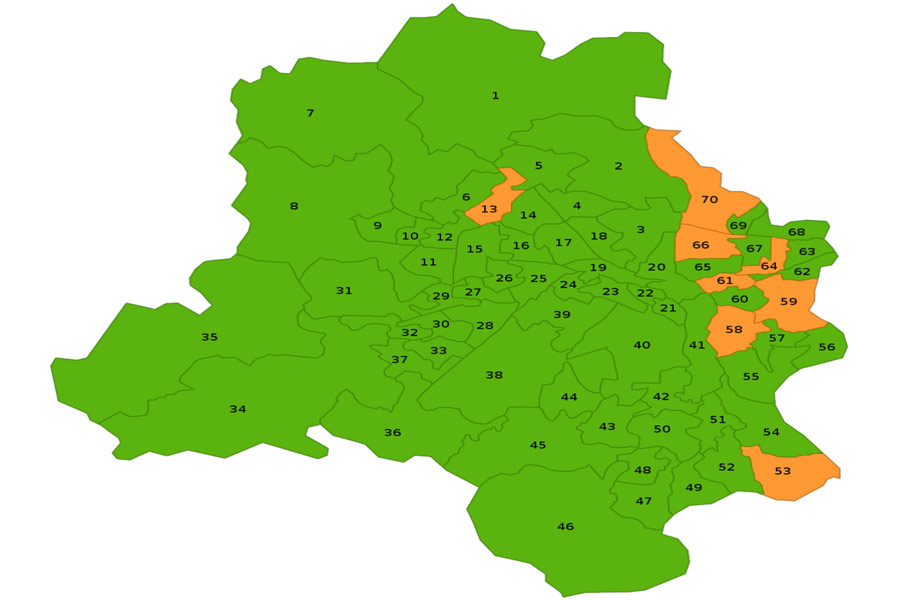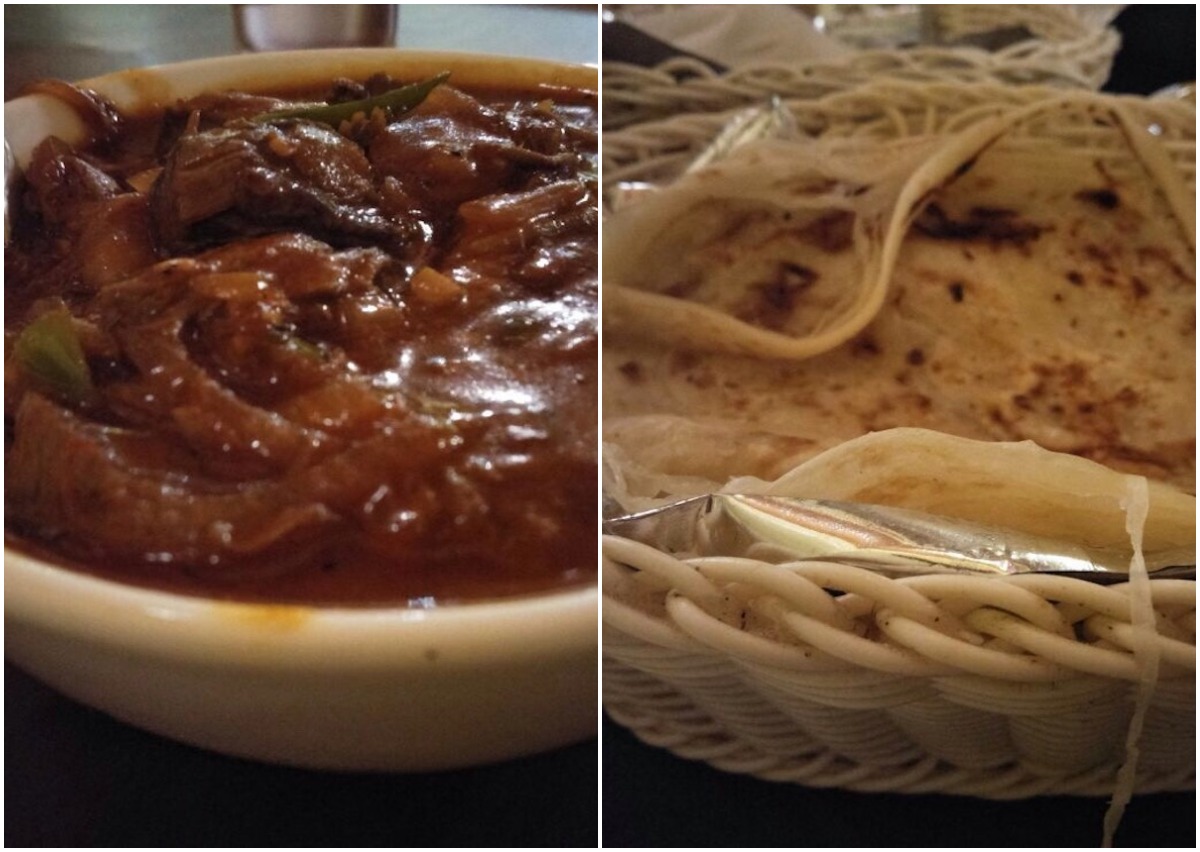The humungous Aam Aadmi Party (AAP) victory in Delhi state elections, where it won 62 out of the 70 seats, will have ramifications for the BJP because its entire arsenal of threats, high talk and hate rhetoric has been neutralised, leaving the Narendra Modi-Amit Shah duo sounding vacuous.
With its fifth consecutive loss in state elections, all of Amit Shah’s so-called strategic brilliance lay exposed like shattered bricks in a decrepit zamindar’s mansion. The problem is that Shah-Modi has no more tricks left to try. The combination of Citizenship Amendment Act and National Register of Citizens (CAA-NRC) was supposed to be the jewel in the thorny crown of an India divided, where Muslims would be sent out of the cities into ghettos and detention centres. In a strong rebuttal, two Muslim candidates of AAP, Amanullah Khan in Okhla–which includes Shaheen Bagh the ground zero of the anti-CAA protests–won by 70,000 votes and Shoaib Iqbal, a party hopper who finally landed in AAP, won Matia Mahal by over 50,000 votes from right under the eagle eyes of the BJP leaders.
More lethal in terms of ideological positioning is that AAP won from a ‘BJP Lite’ platform, cutting out the anti-Muslim rant, embracing a certain work ethic, and not forgetting to chant the Hanuman chalisa as Arvind Kejriwal did. The ‘soft-Hinduva’ line has been tried earlier by the Congress too but Rahul Gandhi’s temple hopping before the last general elections failed to carry any conviction. Kejriwal, however, has fiercely guarded his Hindu identity. He never visited Shaheen Bagh but expressed some anger at the CAA. Kejriwal was careful not to dip his fingers into the communal pot which was being churned by the BJP.
AAP thus mainly stands on a Hindu platform but has now proved that you need not shout out your religious identity every alternate day. AAP is a post-ideology party making it possible for Kejriwal (an IIT graduate) to shift Left and Right with the ease of a swaying coconut palm during the high winds. Kejriwal also made a pitch that few parties have tried so far. Over the Delhi FM radio channels, he appealed directly to the BJP and the Congress voters to vote for his party this time, even while remaining committed to their own parties for the long term. That pitch also seems to have worked at least with the Congress voters.
Is there any danger of the AAP growing into a BJP like monster by junking its centrist platform? Unlikely, considering that being meek has enabled them to inherit Delhi and the party has a stellar cast of committed leaders like Manish Sisodia and education-reformist Atishi Marlena who won from Kalkaji in south and, many others. As part of its effort to wreck the massive reforms Kejriwal had planned, the Modi government scuttled Marlena’s job, as education advisor to the Deputy CM, Sisodia, for holding an unapproved designation. AAP MLAs were either arrested or harassed using the Delhi police which has become fully politicised under Amit Shah.
The Congress had no intention of trying to win any seats in Delhi, knowing very well that it could cut into AAP votes with any high-pitched campaign. They let the AAP play its game, opting instead to be the underdog in Delhi. Congress seems to be happy to lose Delhi to a nouveau-centrist party, perhaps hoping that a time will come soon when it will have enough fire power to demolish the AAP which has held on to its political base.
Among all state governments, AAP showed a passion to do something big for Delhi. By physically changing the face of schools with big buildings, decked up classrooms, modern chairs and benches, the party first set a stage for all round reforms in education. Senior teachers were sent to Oxford and other universities for exposure. The Mohalla clinics which mostly take away the OPD load from other big hospitals have also been well received. For the poor, any small relief is big. Delhi has a huge migrant population from UP, Bihar and Uttarakhand and they have all benefited.
The AAP victory is also an affirmation that welfarism is a must in a poor country. While it may be alright to talk constantly of high dreams like a 5 trillion economy, what makes sense to the poor is free bus travel, which AAP gave to all women in Delhi. The BJP had constantly mocked welfarism as freebies and now will realise that the poor will not or cannot wait for the ‘trickle-down effect’ of the 5 trillion economy to reach them. For the poor, the future is now.
The AAP victory will change the entire dynamics of electioneering in the country. Mainly because the BJP will have to look for new weapons. They have nowhere to look because the CAA is now hanging like an albatross around the party’s neck, neither getting it votes nor helping to polarise the electorate. The CAA has also helped other parties to portray the BJP as a party which is more obsessed with what is happening in Pakistan than in India. In Bihar and Bengal where elections are due next year, this albatross will weigh down heavily.
Cover Image: Delhi Map; Pic credit: Wikimedia








